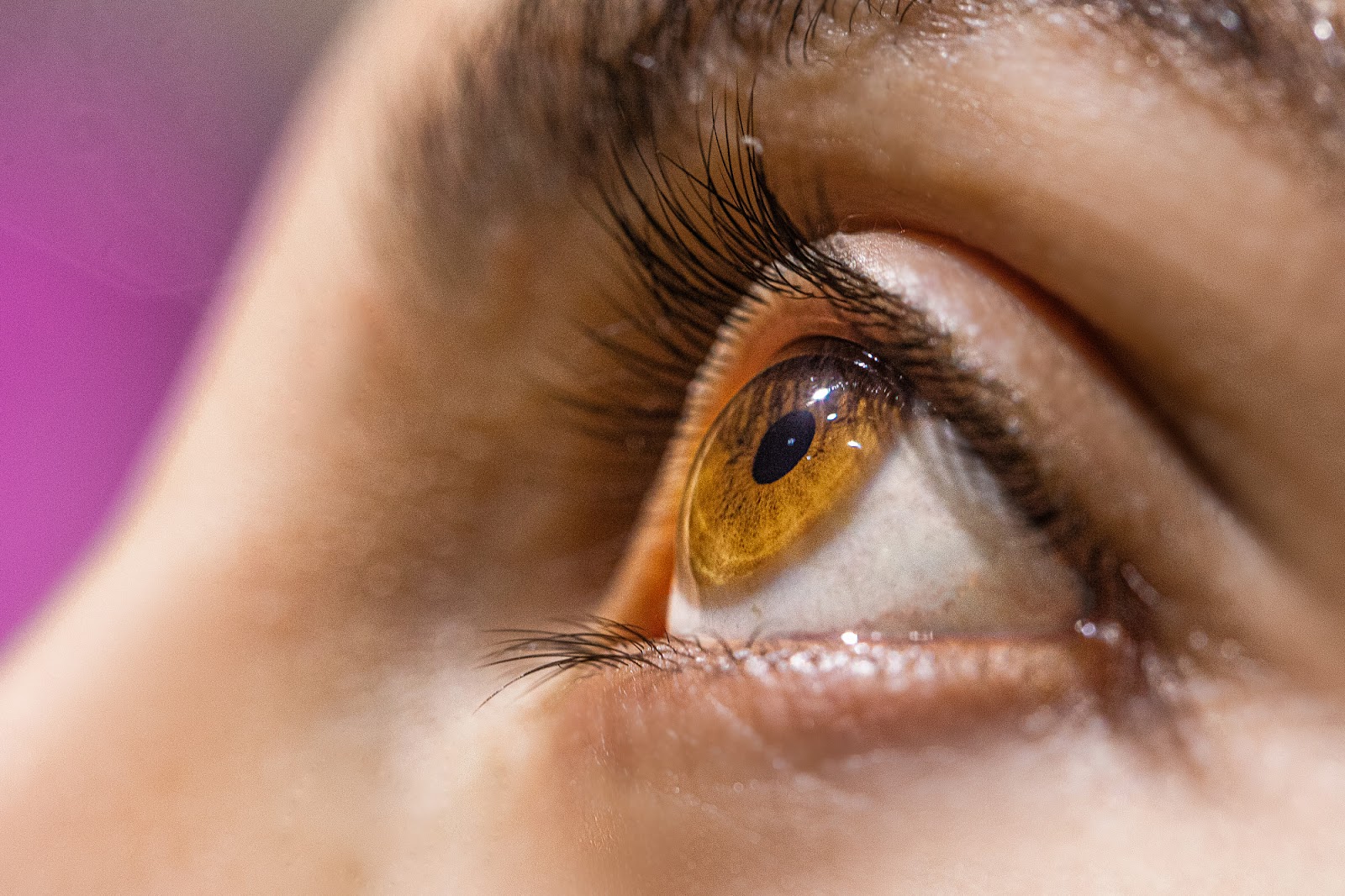How Acupuncture Can Help Manage Retinitis Pigmentosa Symptoms
Acupuncture, an ancient Chinese medical practice, has been gaining recognition for its potential in managing symptoms of retinitis pigmentosa, a group of rare genetic disorders affecting the retina. While there is no cure for retinitis pigmentosa, acupuncture may offer a complementary approach to alleviate its debilitating effects. In this guide, we will explore how acupuncture can help individuals with retinitis pigmentosa manage their symptoms and improve their quality of life.
Retinitis
pigmentosa latest treatment is characterized by progressive vision loss, night
blindness, and peripheral vision impairment. As the disease advances, patients
may experience tunnel vision, blind spots, and eventually, complete blindness.
The emotional toll of this condition can be significant, leading to anxiety,
depression, and social isolation. Acupuncture, with its holistic approach, may
help mitigate these symptoms and enhance overall well-being.
To
understand how acupuncture can benefit of retinitis pigmentosa treatment in
india, it's imperative to grasp the underlying principles of
traditional Chinese medicine. According to this philosophy, the body has a
delicate balance of energy, or "qi," which flows through meridians.
When the flow of qi is disrupted, health problems arise. Acupuncture aims to
restore balance by stimulating specific points along the meridians, promoting
healing and relaxation.
In
the context of pigmentosa treatment in india,
may help in several ways:
Reducing
inflammation: Acupuncture has anti-inflammatory
properties, which can help minimize inflammation in the retina, potentially
slowing disease progression.
Improving
blood flow: By stimulating specific points,
acupuncture can increase blood flow to the retina, promoting healthy tissue
function and reducing oxidative stress.
Enhancing
neural function: Acupuncture may stimulate nerve
growth and regeneration, potentially improving communication between the retina
and the brain.
Managing
pain and discomfort: Acupuncture is known for its
analgesic effects, which can help alleviate eye strain, headaches, and other
discomforts associated with retinitis pigmentosa.
Reducing
stress and anxiety: The relaxing and calming effects of
acupuncture can help individuals cope with the emotional burden of retinitis
pigmentosa, promoting mental well-being.
To
incorporate acupuncture into their treatment plan, individuals with retinitis
pigmentosa should:
Find
a licensed acupuncturist: Ensure the
practitioner has experience working with patients with retinitis pigmentosa or
similar conditions.
Discuss
treatment goals: Clearly communicate symptoms,
concerns, and expectations with the acupuncturist to develop a personalized
treatment plan.
Attend
regular sessions: Consistency is key in acupuncture;
regular sessions can help maintain progress and optimize benefits.
Combine
with conventional care: Acupuncture
should be used in conjunction with conventional medical treatment, not as a
replacement. Consult with a healthcare provider before starting acupuncture
therapy.


Comments
Post a Comment